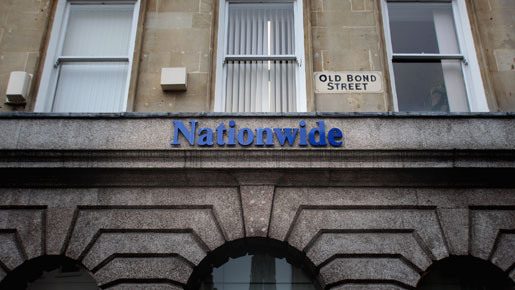
British consumer confidence rose in January, a survey showed recently, but households showed less desire to spend than normal for the start of the year and barriers to a full recovery in sentiment remain.
The Nationwide Building Society’s consumer confidence index rose three points to 73 in January, almost twice the low of 39 recorded in the same month last year when Britain was mired in its deepest recession since the World War Two.
Within the overall index, optimism over the current economic and employment climate ticked higher – with the present situation index rising to 23 last month from 20 in December.
Confidence about the economy, employment and household income over the next six months also increased in January, with the expectations index at 107, up from 103 in December.
“Consumers remain cautious about the speed at which the UK will recover from what has been a longer and deeper recession than many expected,” said Martin Gahbauer, Nationwide chief economist.
“Positive signs from the manufacturing sector and labour market may have helped boost confidence during January, but confidence is likely to remain fragile for some months to come.”
Britain’s economy grew just 0.1 percent in the last three months of 2009, ending an 18-month recession but disappointing many analysts who had expected a stronger bounce back to growth.
Gahbauer said the removal of heavy retail discounting and of stimuli such as lower value-added tax, car scrappage incentives and reductions in property transaction taxes could now weigh on sentiment.
The spending index, which measures sentiment about spending on household goods and big purchases, fell to 96 in January from 108 in December.
Nationwide said that figure had been affected by seasonal adjustment but still reflected an unusual unwillingness to spend in January, traditionally a month of big discount sales on the high street.
“In previous years we have typically seen spending confidence in January increase significantly,” the building society said. “So, while consumers continue to show a willingness to spend, they do not appear to be as confident as they have been when compared to this time of year historically.”
The survey, covering 1,000 respondents, was conducted between December 21 and January 17.

